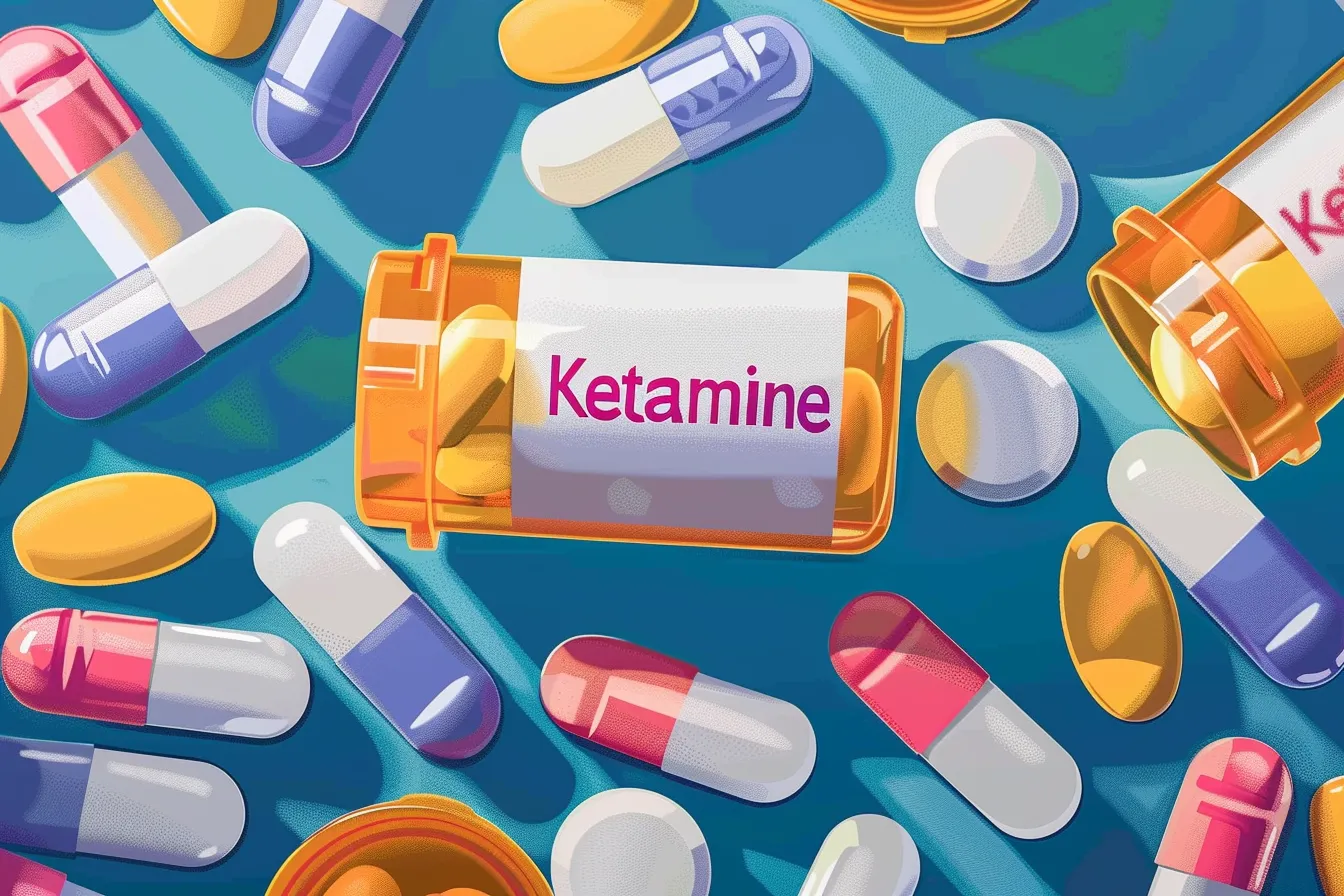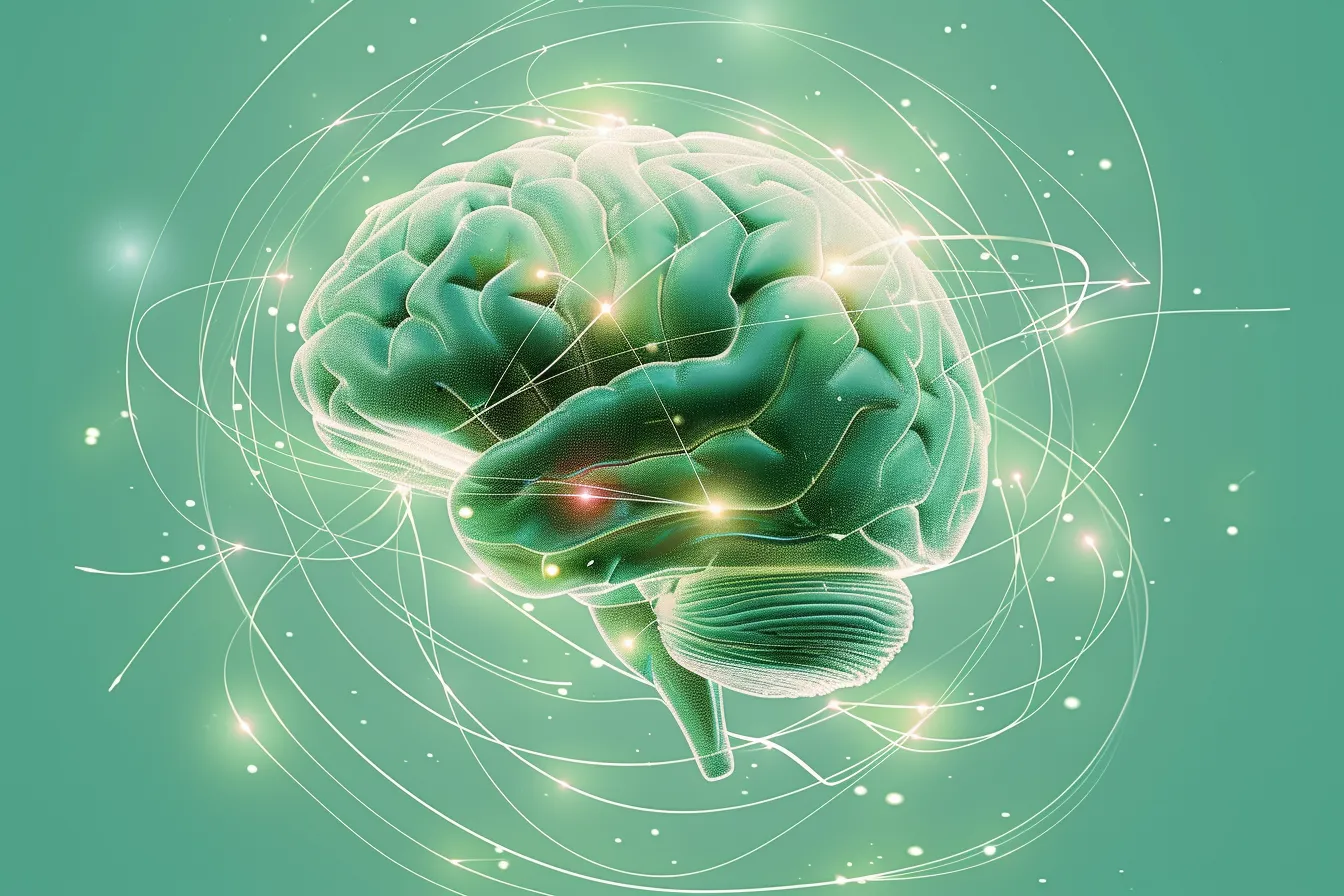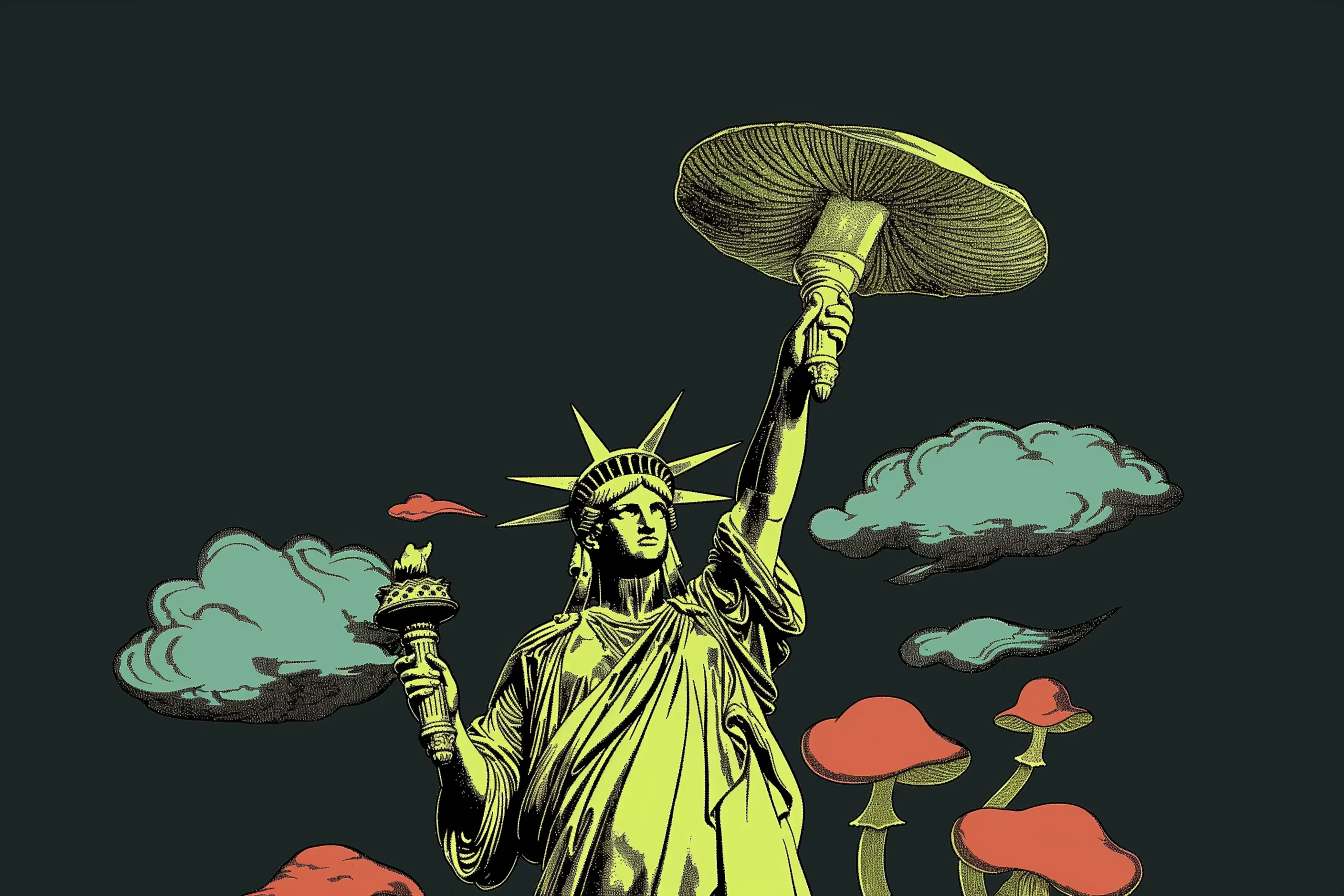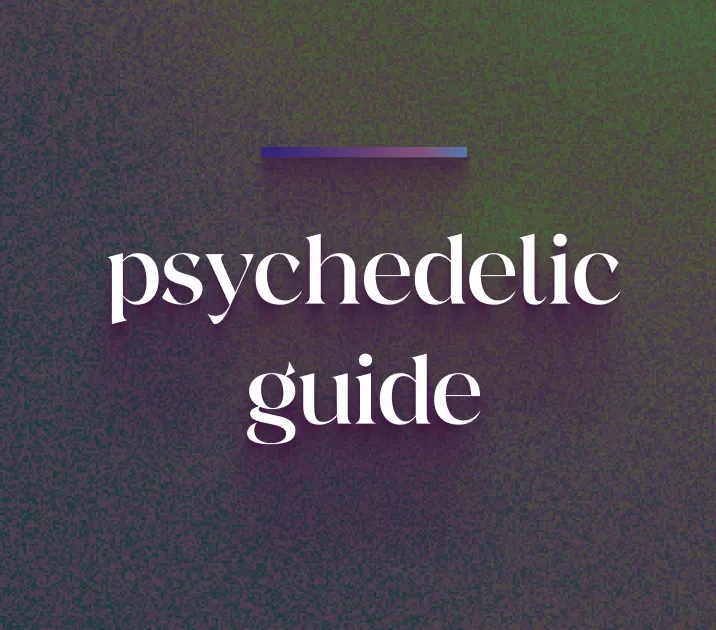In this week’s Psychedelic news roundup, we cover a surprising increase in psychedelic use among U.S. households. Other news includes several fresh psychedelic studies and new research on the benefits of extended-release ketamine.
Magic Mushrooms Top the List: A Look into America’s Psychedelic Preferences and Policy Challenges

A recent RAND report highlights the escalating use of psilocybin mushrooms, marking them as the most-used psychedelic in the United States, surpassing other substances such as MDMA. A national survey indicates that approximately 12% of Americans have experimented with psilocybin in their lifetime, with 3.1% using it within the past year, translating to an estimated 8 million adults in 2023.
The report emerges at a time when psychedelics are gaining recognition not only for their potential in treating mental health conditions but also amid a shifting policy landscape similar to early cannabis regulation debates. The discussion now is whether psychedelics will follow a commercial model or a more controlled approach.
Key Insights from the Report:
Keep Up with Psychedelic Trends
Don’t miss the latest psychedelic news, events, companies, and more.
We respect and protect your privacy. By subscribing your info will be subject to our privacy policy. Unsubscribe easily at any time
Regulatory Considerations
Market Dynamics and Consumer Behavior
The RAND report also highlights the need for enhanced data collection and research on psychedelic use patterns and market structures to inform effective policy-making. This includes improving surveys like the National Survey on Drug Use and Health and conducting in-depth qualitative research.(1)
Extended-Release Ketamine Tablets Show Promise for Treatment-Resistant Depression

In a recent study titled Extended-Release Ketamine Tablets for Treatment-Resistant Depression: A Randomized Placebo-Controlled Phase 2 Trial, extended-release ketamine tablets, identified as R-107, are being studied for their effectiveness in treating individuals suffering from severe, treatment-resistant depression. A Phase II clinical trial has shown encouraging results that could lead to new treatment options for this challenging condition.
The trial involved adult patients diagnosed with treatment-resistant major depression, characterized by a failure to respond to standard antidepressant treatments (such as SSRIs). Participants initially received 120 mg R-107 tablets daily for five days. Their progress was evaluated on the eighth day using the Montgomery–Asberg Depression Rating Scale (MADRS), a standard tool for assessing depression severity.
Those who showed significant improvement (defined as a MADRS score reduction of 50% or more and a score of 12 or less) were then randomly assigned to continue the treatment in varying doses ranging from 30 mg to 180 mg or a placebo, administered twice weekly for an additional 12 weeks. This double-blind phase (meaning neither the participants nor researchers know which group has been given the active drug or placebo) aimed to evaluate the long-term effectiveness and dosage response of R-107.
Clinical Trial Results
This study highlights the potential of extended-release ketamine tablets as a viable treatment for patients with severe depression who have not found relief with other treatments. The extended-release form of ketamine could offer a more accessible and manageable treatment regime, especially beneficial for outpatient settings where regular clinical monitoring is feasible but less intensive than that required for intravenous therapies.
While the results are promising, further studies are necessary to confirm these findings, determine the optimal dosages for different patient groups, and evaluate the long-term safety and effectiveness of R-107. Ongoing research will also explore the mechanisms by which ketamine exerts its antidepressant effects, particularly through its metabolites, which may play a significant role in its therapeutic properties.(2)
Keep Up with Psychedelic Trends
Don’t miss the latest psychedelic news, events, companies, and more.
We respect and protect your privacy. By subscribing your info will be subject to our privacy policy. Unsubscribe easily at any time
Unlocking MDMA’s Potential: Enhancing Empathy through Serotonin Release

As detailed by Psypost, researchers have unveiled new insights into how MDMA, commonly known as ecstasy, fosters empathy, according to the study titled, MDMA Enhances Empathy-Like Behaviors in Mice via 5-HT Release in the Nucleus Accumbens, which was published in Science Advances. The study on mice demonstrates that MDMA promotes empathy-like behaviors by triggering serotonin release in the brain’s nucleus accumbens, a region associated with reward and social behaviors. This breakthrough offers promising implications for using MDMA to treat disorders like PTSD and autism spectrum disorder.
Key Findings:
Implications and Future Directions
The findings suggest that enhancing serotonin release in specific brain regions could be a viable strategy for addressing empathy-related disorders.
Monique Smith, a key researcher in the study, emphasized the importance of context in how MDMA works. She suggested that MDMA’s success in clinical settings, especially when combined with cognitive behavioral therapy (CBT), might be due to its complex effects on empathy, which can change based on social and environmental factors.
Ongoing research looks into other brain chemicals like oxytocin that might affect social behaviors. Scientists are also working on improving tests to measure empathy in different situations. This research aims to better understand how MDMA and other substances can help improve social interactions and emotional understanding.(3)
Psychedelics Linked to Brain Nimbleness and Cognitive Ability

A new study titled, The Effect of Psychedelics on the Level of Brain-Derived Neurotrophic Factor: A Systematic Review and Meta-Analysis has shed light on the potential benefits of psychedelic substances for brain health, particularly their ability to enhance brain plasticity. A meta-analysis published in the Journal of Psychopharmacology reveals that individuals who use psychedelics show significantly higher levels of brain-derived neurotrophic factor (BDNF), a protein crucial for brain health, compared to non-users. This finding could open new pathways for treating various mental health disorders.
Key Insights from the Study
Study Methodology
The researchers employed a comprehensive methodology, adhering to the referred Preferred Reporting Items for Systematic Reviews and Meta-Analyses (PRISMA) framework, to ensure the robustness of their meta-analysis. They performed an extensive search across major databases, filtering through studies to include only those that met stringent criteria focused on human clinical trials examining BDNF changes following psychedelic use.
Results and Implications
While the results are promising, the meta-analysis faced limitations such as small sample sizes and heterogeneity (a signifier of diversity) in the study, which could affect the reliability of the findings. Future research is encouraged to include larger and more diverse populations and to explore further the differences in BDNF responses between genders and the impact of various psychedelic substances.
The study’s lead researcher, Arman Shafiee from Alborz University of Medical Science, emphasized the potential of psychedelics to improve mental health outcomes by enhancing neuroplasticity. He advocates for more rigorous clinical trials to fully understand the therapeutic benefits and risks associated with psychedelic use.(4)
Sources

1. Monica, 1776 M. S. S., & California 90401-3208. (n.d.). Magic Mushrooms Are Most-Used Psychedelic Drug; As States Change Laws, Federal Policymakers Face Urgent Questions. Www.rand.org. Retrieved July 2, 2024, from https://www.rand.org/news/press/2024/06/27.html
2. Glue, P., Loo, C., Fam, J., Lane, H.-Y., Young, A. H., & Surman, P. (2024). Extended-release ketamine tablets for treatment-resistant depression: a randomized placebo-controlled phase II trial. Nature Medicine, 1–6. https://doi.org/10.1038/s41591-024-03063-x
3. Dolan, E. W. (2024, June 27). Researchers shed light on the neurobiological mechanism behind MDMA’s empathy-enhancing effects. PsyPost – Psychology News. https://www.psypost.org/researchers-shed-light-on-the-neurobiological-mechanism-behind-mdmas-empathy-enhancing-effects/
4. Shafiee, A., Arabzadeh Bahri, R., Rafiei, M. A., Esmaeilpur Abianeh, F., Razmara, P., Jafarabady, K., & Amini, M. J. (2024). The effect of psychedelics on the level of brain-derived neurotrophic factor: A systematic review and meta-analysis. Journal of Psychopharmacology (Oxford, England), 2698811241234247. https://doi.org/10.1177/02698811241234247
This material is not intended as a replacement or substitute for any legal or medical advice. Always consult a medical professional about your health needs. Psychedelics are widely illegal in the United States, and readers should always be informed about local, state, and federal regulations regarding psychedelics or other drugs.

 David Connell
David Connell





 Ross Dillon
Ross Dillon 
